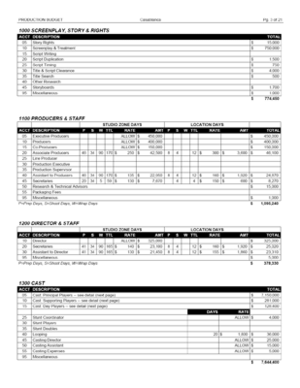Recruiters should be a candidate’s friend? After all there
are no fees if they can’t fill the jobs. So they should treasure you and be
delighted to hear from you on any occasion.
And what a recruiter thinks of you can make a significant difference to
your career prospects, so why do candidates fail to build successful
relationships with recruiters? What are the pitfalls of building a positive
relationship with recruiters. How do candidates alientate recruiters?
- 1. Don’t read the information provided. Many adverts include weblinks to further details. Just calling up the recruiter without reading those details first makes you look idle.. you are soaking up the recruiters time when you could have answered the questions without bothering them.
- 2. Talk more than you listen. When you do speak to a recruiter about a vacancy, ask questions and listen to the answers. Yes, you want to impress them but when candidates get onto ‘broadcast news’ and don’t listen, it can just suggest your ego is rather larger than you emotional intelligence.
- 3. Send a previously constructed CV and supporting material. Sometimes people send the wrong version and their paperwork has the name of the wrong organisation on it. This makes you look sloppy. Or they send the same paperwork for every job they apply for. This makes you look like a serial applicant and desperate rather than a ‘hot property’. Read any instructions about how to apply, follow them and tailor your application, carefully.
- 4. Applying for everything. Well clearly you are desperate if you do that and you are not thinking realistically about your marketability in this current climate. It is fine to be ambitious but being overly ambitious is being foolhardy.
- 5. Fail to turn up for the interview. Well just failing to show needs no further comment. But ringing the office on the morning of the interview and saying you are too busy is also a poor show. Try at least to re-arrange.
- 6. Not doing your preparation. The job market is a generally still crowded. In the private sector there are skills shortages but in the public sector senior roles are over subscribed and there are lots of well experienced candidates, so showing up at an interview without having really done your preparation and researching the organisation will put you at a disadvantage and let your recruiter – who ahs recommended you be seen – down.
- 7. Being critical of the client/employer. However badly the employer has treated you, which you don’t deserve, the recruiter will want to have an enduring relationship with that client. So sounding off, sending letters of complaints or claims for the ‘time wasted’ on the interview may make you feel better it will not improve the relationship between the client and the recruiter. And that will knock on to you.
- 8. Turning down an offer. Whilst I often say to coachees ‘you don’t have to accept it’ (and you don’t) turning down an offer will not endear you to the recruiter. Their job is to present a great short list, part of their ‘due diligence’ is to make sure you are a solid and firm candidate. So rejecting an offer for no good reason (and the only good ones are another offer or failing to agree terms with them) you will upset your recruiter.
- 9. Pester the recruiter to find you a job. Executive search consultants make their money from the clients and to make more money they need to get more clients not candidates. Once you are in their database and their brain then let them get on with finding more clients to put you in front of rather than making weekly calls to ‘catch up’.
No doubt when you have been reading thinking… I would never
do this… great.. build great rapport with your recruiters and be a fabulous
candidate! And have a great career!













